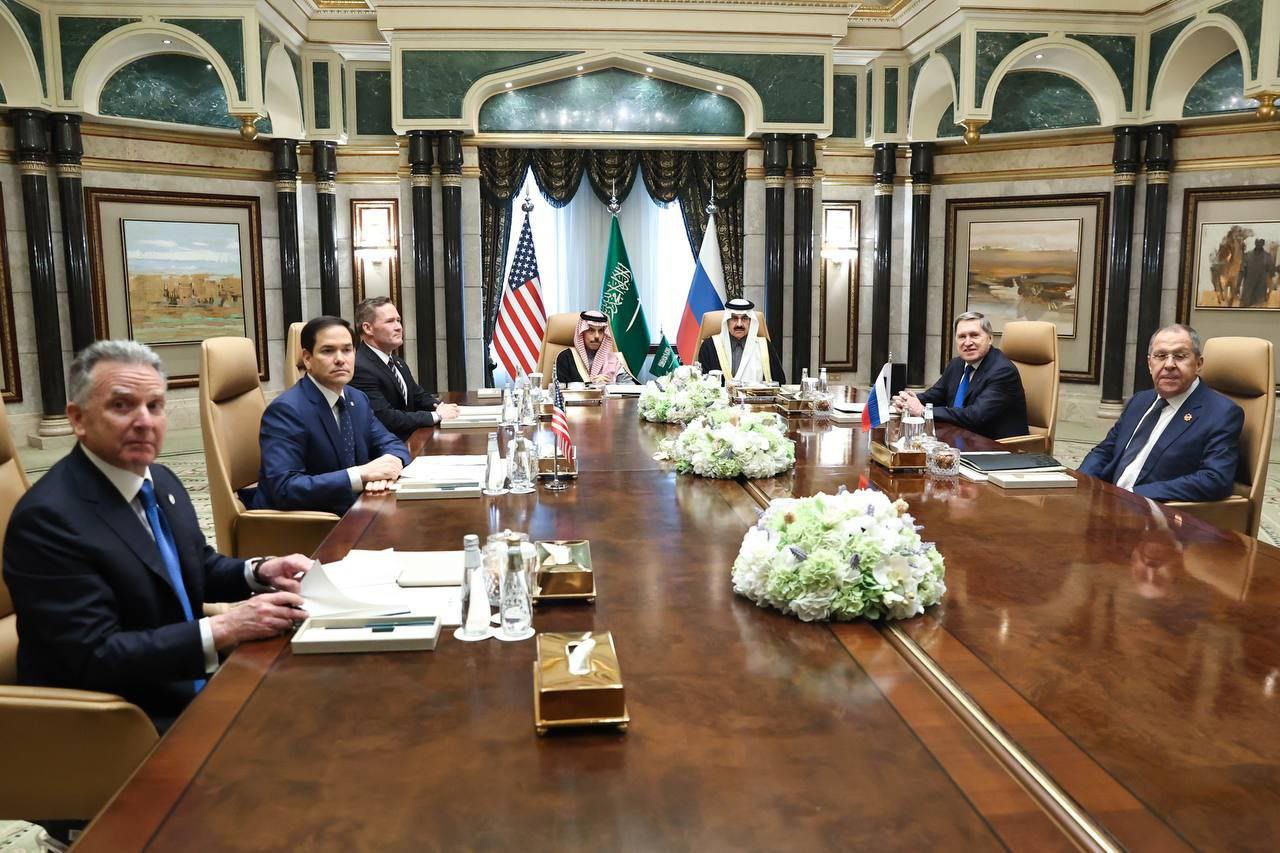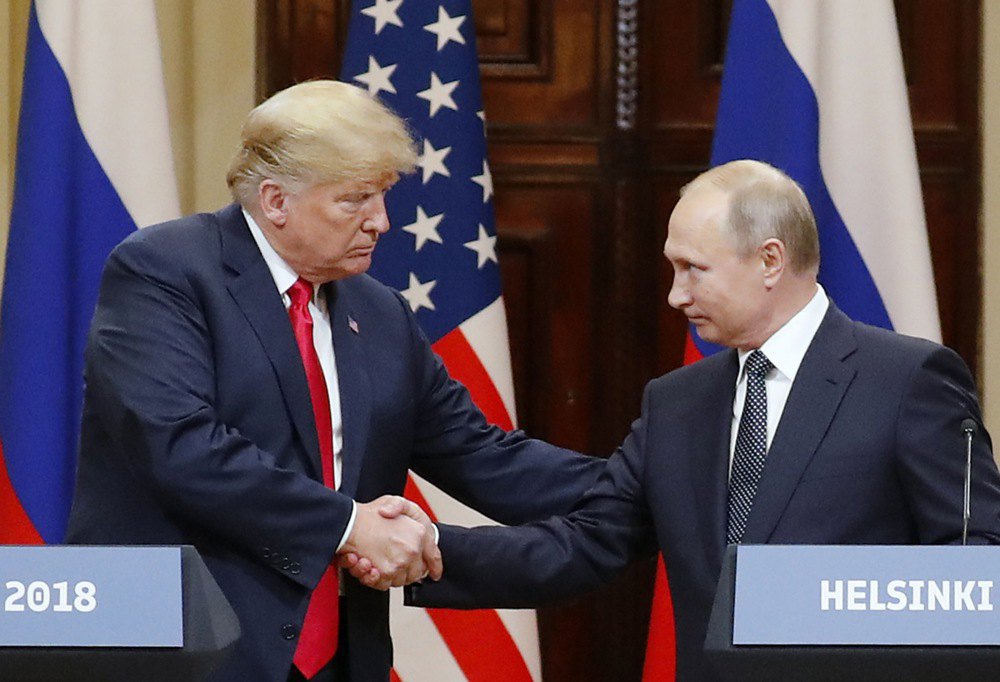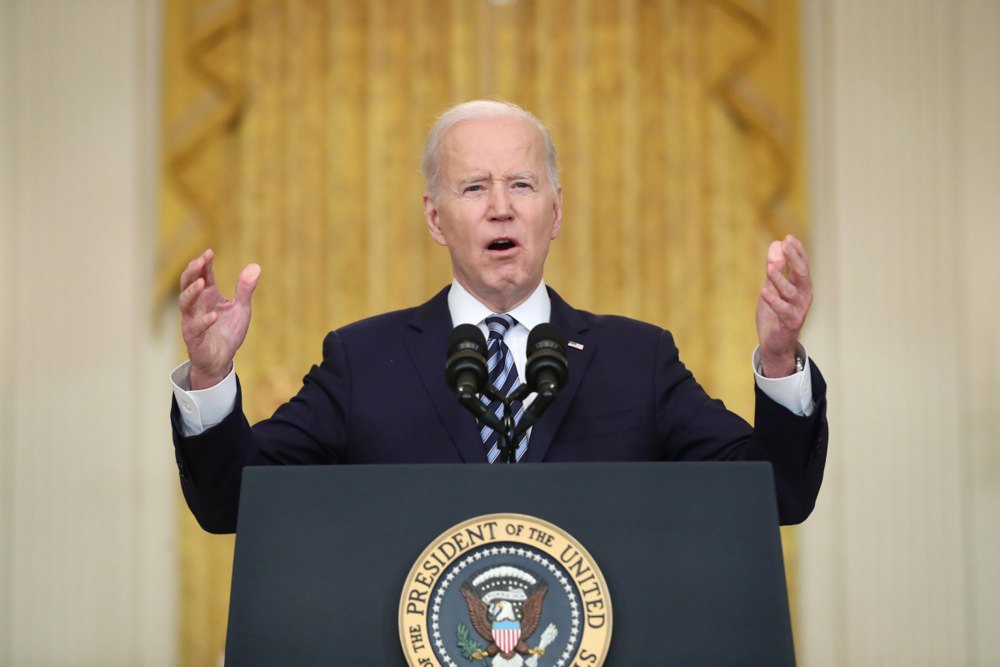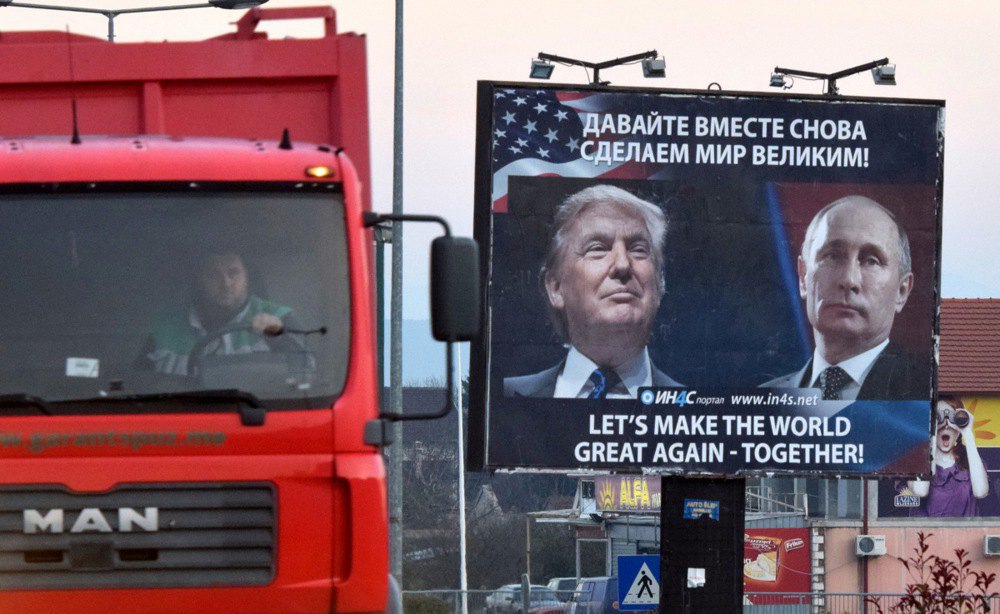
It may seem that Washington is ready to negotiate a deal with the Kremlin without Ukraine. However, putting emotions aside, nothing fatal has happened so far. At least Trump has confirmed in his press statements that aid to Ukraine will continue as long as necessary, as stopping it could give Putin the illusion that he has won.
For years, American politicians have hinted that Ukraine will not become a NATO member in the near future. Trump has simply repeated these statements more openly and less diplomatically. Some may still entertain illusions about regaining the borders of early 2014 through diplomacy, but under the current circumstances, this scenario remains a fantasy. Both the American president and his defence secretary have stated a cynical truth, even as they publicly suggest that Ukraine may be able to reclaim some of its territories.
Nevertheless, the unsettling aftertaste of Donald Trump and his team’s statements remains. The primary reason for this is the erosion of values - discussing Ukraine without Ukraine, displaying open disregard for European opinion, and attempting to equate the aggressor with the victim of aggression.
Amid growing discussions about a possible ceasefire and a shift to a diplomatic phase of the Russian-Ukrainian war, it is important to highlight a fundamental change in rhetoric from the new White House administration. Even before his return to the presidency, Trump avoided directly criticising Vladimir Putin or acknowledging Russia’s aggression against Ukraine. He only emphasised that if he had been in Biden’s position, the war would never have happened. After his inauguration, Trump’s stance remained unchanged.

The 47th President of the United States and his team use a series of vague euphemisms to describe the Russian-Ukrainian war. Their vocabulary omits phrases such as “Russian aggression”, “unjust war of aggression against Ukraine”, “Russian imperialism”, “genocide and destruction of the Ukrainian nation”, or “international criminal Putin”. Instead, they use neutral and ambiguous expressions like “war in Ukraine”, “Russian-Ukrainian conflict”, “conflict resolution”, and others.
In reality, Trump’s rhetoric now resembles that of China or the Global South. For much of the world, Russia’s war against Ukraine has been reduced to just another conflict - one in which there is no clear aggressor or victim. This framing removes accountability: no war criminals, no illegal occupation of a sovereign state’s territory.
This distortion of values will inevitably impact any negotiation process, should one take place. It also plays into the Kremlin’s hands.
The Joe Biden administration had many missteps in its approach to Ukraine. However, at the very least, it correctly identified the Russian-Ukrainian war as a continuation of Russian imperialism. “Russia alone is responsible for the death and destruction that this attack will bring, and the United States, its allies and partners will respond in a united and decisive manner. The world will hold Russia accountable,” Biden said in an address to the American people on 24 February 2022.

The former US president also lacked the peculiar reverence for Putin that sometimes appears in Trump’s statements. For Biden, the Russian dictator was a “crazy son of a bitch”. He had no interest in revisiting the history of World War II or discussing the future of artificial intelligence with him.
At the same time, while Biden recognised the aggressive nature of Moscow’s war and was critical of Putin, this did not translate into bold action. Behind the façade of strong rhetoric was a fear of escalation and an unwillingness to see Russia collapse. As a result, Ukraine never received what it truly needed to defeat the aggressor. Russia, meanwhile, was never subjected to truly crippling sanctions. On the contrary, Biden was even angered when Ukraine began striking Russia’s oil refinery complex. His administration was so focused on preventing Ukraine from winning and Russia from losing that it indirectly contributed to the war’s transition into a prolonged conflict.
The greatest danger of Trump’s current diplomatic initiatives lies in his failure to grasp the true nature of the Russian-Ukrainian war. It is no longer just about international law, the inviolability of borders, or holding the aggressor accountable. It is about the fundamental principles of coexistence between nations. Yet in Trump’s rhetoric, these values have been sidelined. What remains is a transactional, cynical approach - one where the primary goal is simply to end the war and strike a deal.
Europe, by contrast, largely understands the true nature of the Russian-Ukrainian war. European leaders insist that the EU must be involved in any future negotiations. However, there is a harsh reality to acknowledge: there is a real risk that Trump and Putin could negotiate the parameters of a deal on Ukraine behind closed doors, without European input. And Europe, with its limited geopolitical influence and military resources, is not yet ready to take the lead in either military resistance to Russia or negotiations with Moscow. It is also partially paralysed by its own fear of escalation.
Donald Trump despises Joe Biden and is eager to differentiate himself from his predecessor. But if he becomes too fixated on seeing peace in Putin’s eyes, he risks repeating the mistakes of another American president - Barack Obama. In his haste to improve relations with the Kremlin after Russia’s aggression against Georgia, Obama travelled to Moscow and coined the now-infamous phrase “resetting relations.” That policy ultimately backfired, and the Kremlin made a fool of him.

But Trump is convinced of his own genius. And he is looking forward to meeting the Russian dictator.
Under certain conditions, Trump may indeed achieve a cessation of hostilities. This could happen either through significant concessions to Putin or through the principle of “peace through strength”.
However, because Trump does not understand the deeper nature of Russian aggression and imperialism, achieving a lasting and just peace will be difficult. If a future agreement requires Ukraine to renounce NATO membership and all occupied territories while also handing over its mineral resources to the United States as payment for military aid, and if sanctions against Russia are lifted, it will be nothing less than a victory for Moscow.








